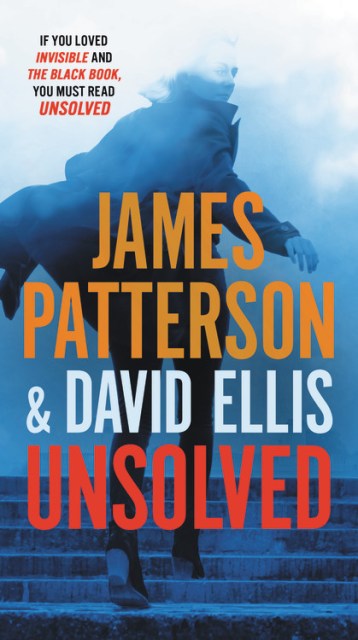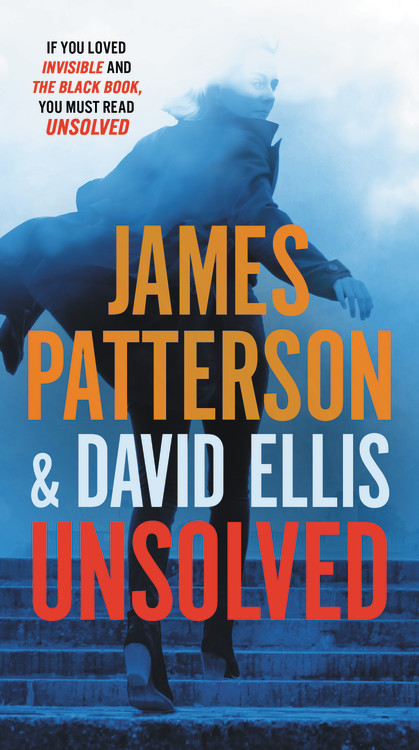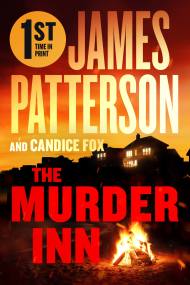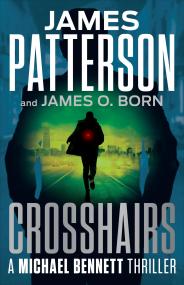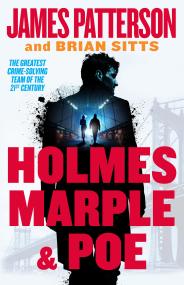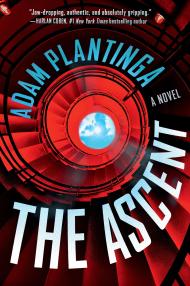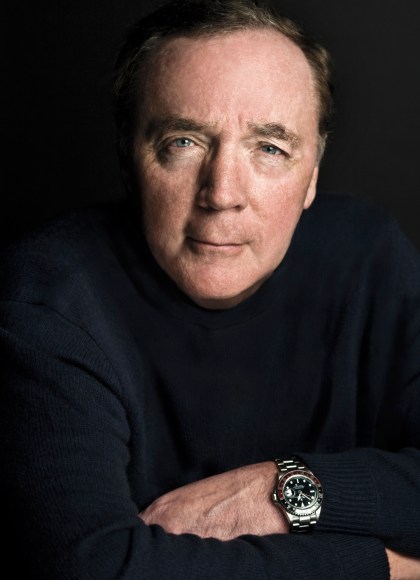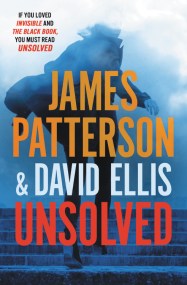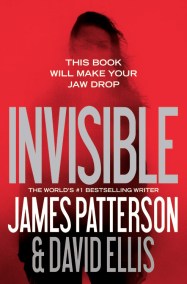Promotion
Use code MOM24 for 20% off site wide + free shipping over $45
Unsolved
Contributors
By David Ellis
Formats and Prices
Price
$9.99Price
$12.99 CADFormat
This item is a preorder. Your payment method will be charged immediately, and the product is expected to ship on or around December 1, 2020. This date is subject to change due to shipping delays beyond our control.
Also available from:
In this follow-up to the #1 bestselling thriller Invisible, every perfect murder looks like an accident, but as bodies start to pile up across the country, two FBI agents realize that something horrible is happening.
FBI agent Emmy Dockery is absolutely relentless. She's young and driven, and her unique skill at seeing connections others miss has brought her an impressive string of arrests.
But a shocking new case — unfolding across the country — has left her utterly baffled.
The victims all appear to have died by accident, and have seemingly nothing in common. But this many deaths can't be coincidence. And the killer is somehow one step ahead of every move Dockery makes. How?
To FBI special agent Harrison "Books" Bookman, everyone in the FBI is a suspect — particularly Emmy Dockery (the fact that she's his ex-fiancee doesn't make it easier).
But someone else is watching Dockery. Studying, learning, waiting. Until it's the perfect time to strike.
FBI agent Emmy Dockery is absolutely relentless. She's young and driven, and her unique skill at seeing connections others miss has brought her an impressive string of arrests.
But a shocking new case — unfolding across the country — has left her utterly baffled.
The victims all appear to have died by accident, and have seemingly nothing in common. But this many deaths can't be coincidence. And the killer is somehow one step ahead of every move Dockery makes. How?
To FBI special agent Harrison "Books" Bookman, everyone in the FBI is a suspect — particularly Emmy Dockery (the fact that she's his ex-fiancee doesn't make it easier).
But someone else is watching Dockery. Studying, learning, waiting. Until it's the perfect time to strike.
Genre:
- On Sale
- Dec 1, 2020
- Page Count
- 528 pages
- Publisher
- Grand Central Publishing
- ISBN-13
- 9781538731642
Newsletter Signup
By clicking ‘Sign Up,’ I acknowledge that I have read and agree to Hachette Book Group’s Privacy Policy and Terms of Use
